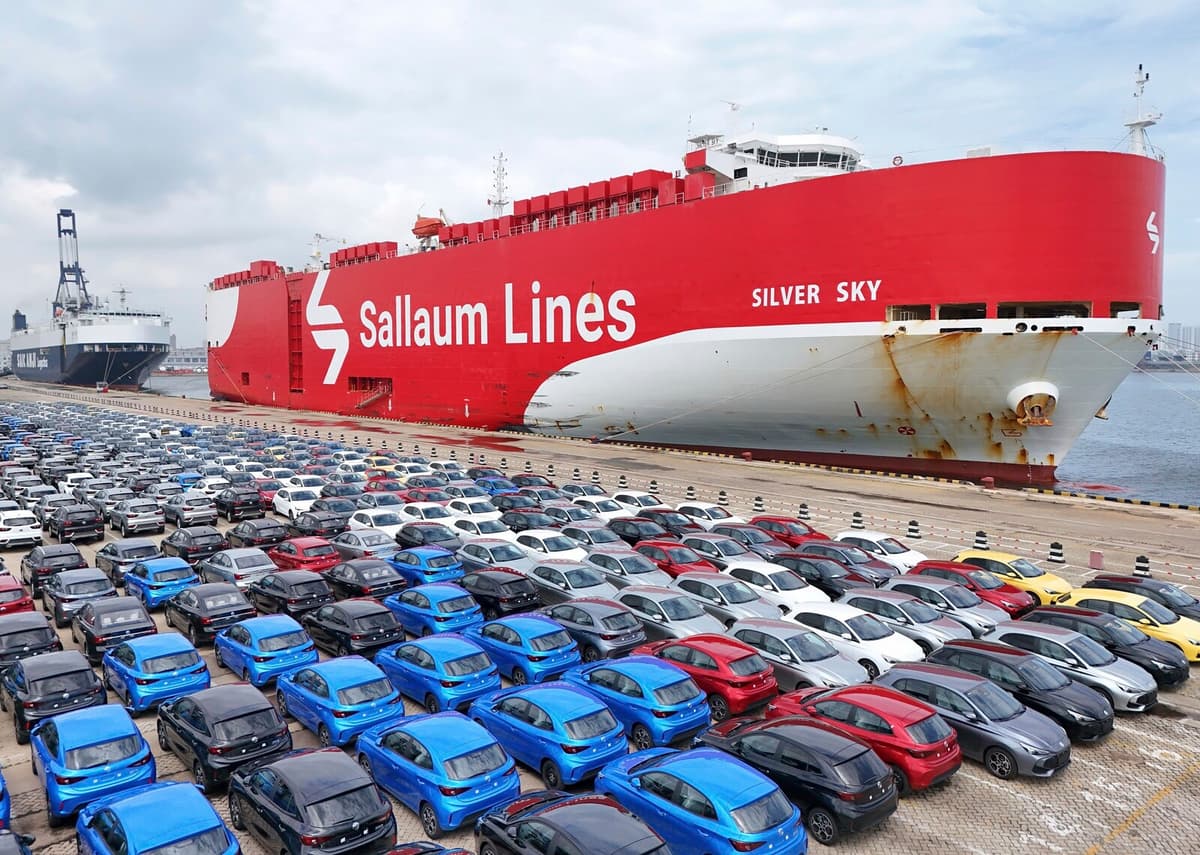As expected, EU countries say yes to tariffs on electric cars from China. From a Swedish perspective, one hopes to get a special solution so that Volvo Cars is not negatively affected by the tariffs.
"We can confirm that the commission has offered to continue discussions with all parties that have submitted proposals for price commitments and we are at the commission's disposal to answer questions", writes Volvo Cars in a comment.
Worried about the trend
Friday's decision in Brussels means tariffs of up to 35 percent from November this year, in addition to the 10 percent tariffs that already exist.
According to Hampus Engellau, automotive analyst at Handelsbanken, the import of Chinese electric cars to Europe is currently not very extensive. However, one has been worried about the trend.
Last year, around 22,000 cars were imported on a market that sells around 16 million cars. The year before, it was only a few hundred.
How much more expensive it will ultimately become for the consumer is too early to say, according to Engellau.
In Sweden, we have a few Chinese electric cars like Zeekr, Xpeng, and Nio. It is clear that those cars will become a bit more expensive, but the question is how much more expensive.
Move to Europe
Sweden chose to abstain from voting with some hope of reaching a solution for Volvo Cars. The cradle of the automotive industry, Germany, voted no. There, they are afraid that the tariffs will lead to countermeasures from China, as the country is an important market for the German automotive industry.
What we will see is that the Chinese players who are really interested in the European market will move production to Europe. BYD is already on its way into Hungary, says Engellau.
That the decision on tariffs comes now, he believes, is partly due to the European automotive industry being under great pressure, not least due to decreased demand.
If we had a boom and the automotive industry was thriving, maybe there wouldn't have been any tariffs, says Hampus Engellau.






